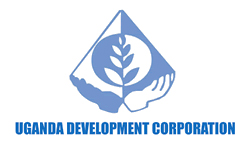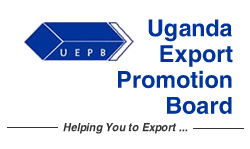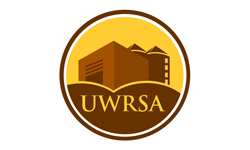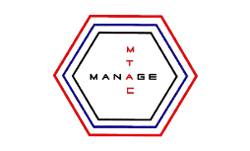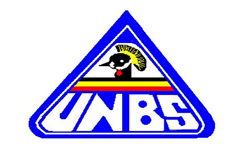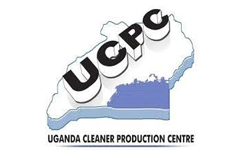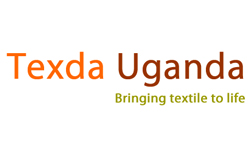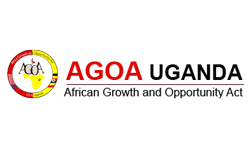Minister of Trade Uganda Meets EALA MPs
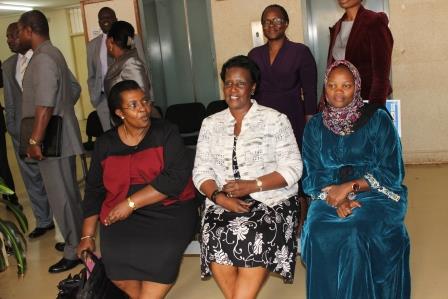
Members of the East African Legislative Assembly (EALA) have commended Uganda on the steps forward towards realizing economic integration in the East African Region. EALA MPs are currently undertaking an outreach and sensitization programme in the 6 partner states, under the theme “EAC Integration Agenda: Accessing the gains”
A team of Members of Parliament from EALA led by Hon. Nusurah Tiperu met with Ministers for Trade, Industry and Cooperatives Hon. Amelia Kyambadde and Michael Werikhe at the Ministry offices to share the progress so far made in the implementation of the EAC Regional programmes. The key areas of discussion were the EAC Common Market Protocol, EAC Industrialization agenda, cooperatives development, Uganda’s preparedness for the EAC-COMESA-SADC Tripartite and Uganda’s strategic interventions in improving the doing business environment.
Margaret Nantongo Zziwa, a member of EALA said that apart from sensitizing Ugandans on the EAC integration agenda so that they can understand and benefit from it, as representatives of Uganda in the EAC Parliament, they want to market what Uganda is doing in the region.
Mike Sebalu the spokesperson of the team added they are in Uganda to follow up on implementation of the key issues agreed on among member states and those raised in the 2016/2017 Budget including the Common External Tariff, Rules of Origin, the EAC sensitive list, the upcoming EAC Competition Authority and Uganda’s preparation for the EAC-COMESA-SADC Tripartite arrangement.
Sebalu said the Ministry of Trade, Industry and Cooperatives is key in realizing the integration process because it is the engine and nerve center of the EAC integration agenda, the reason behind the meeting with the Trade Ministers to follow up on progress on implementation of the economic integration programs.
Minister Kyambadde outlined the key interventions emphasizing Uganda’s focus on infrastructure development e.g. energy, ICT, roads and railways saying that without good infrastructure then industrialization becomes a myth.
The Minister also highlighted the policy and regulatory initiatives in improving the doing business environment in Uganda and promoting of value addition focusing on sectoral and sub sectoral policies including the Leather and Leather Products Policy, the Micro, Small and Medium Enterprises (MSMEs) Policy and many others.
On the progress Uganda has made in the promotion of the textile and leather industries through the EAC proposed ban of the importation of used clothes, shoes and other leather products from outside the region, Kyambadde noted that many people in the EAC region rely on imported second hand clothes and leather products. She said Uganda has decided to go slow on the ban on used clothes as the country develops its textile industries. She said Government is implementing the National Textile Policy and the National Leather and Leather Products Policy which outline key interventions in the promotion of the two sub sectors.
The Minister added that to promote the leather and textile industry, Government has put in place the Buy Uganda Build Uganda Policy to promote local products made in Uganda so as to reduce over reliance on imported products that are produced in Uganda and within the region.
Kyambadde explained other Government interventions in realizing the EAC integration agenda including the National Export Development Strategy which she said is focusing on Uganda’s key exports like coffee, tea, fish, flowers and others with emphasis on improving standards and storage facilities. The Minister said by July 2016, the strategy will be approved by Cabinet and implementation will commence immediately.
Kyambadde added that Government is also in the process of revitalizing the Commodity Exchange and the Uganda Development Corporation has injected 200 millions controlling 20% percent of the shares in the new Uganda National Commodity Exchange and 80% owned by the Private Sector. Government also established the Uganda Warehouse Receipt System Authority, the first of its kind in East Africa that develops and promotes standardized storage infrastructure systems that facilitate value addition, enable Inventory Credit and mitigate post harvest losses.
Government has also injected Shs 2Bn in the One Village One Product project in the next financial year which will enable the project to expand and cover more districts in the country. OVOP gives out value addition equipment to organized groups like coffee hullers, maize mills, rive mills etc and currently covers 38 districts.
Nantongo Zziwa was concerned on how far Uganda had gone with the ban of kavera and in her response, Kyambadde said Government has agreed on 50 microns and above because these are thicker and manageable.
“A total ban on kavera is problematic because the industry employs a number of people and yet kavera can be managed. What Uganda needs is to invest in garbage management”, said Kyambadde.
In his closing remarks, Mike Sebalu said as EALA they want to continue to share information for the betterment of Uganda’s performance in the integration process. He encouraged all institutions in Uganda to help President Yoweri Museveni by implementing what is needed in their institutions so that Uganda maintains the lead in the integration process.

